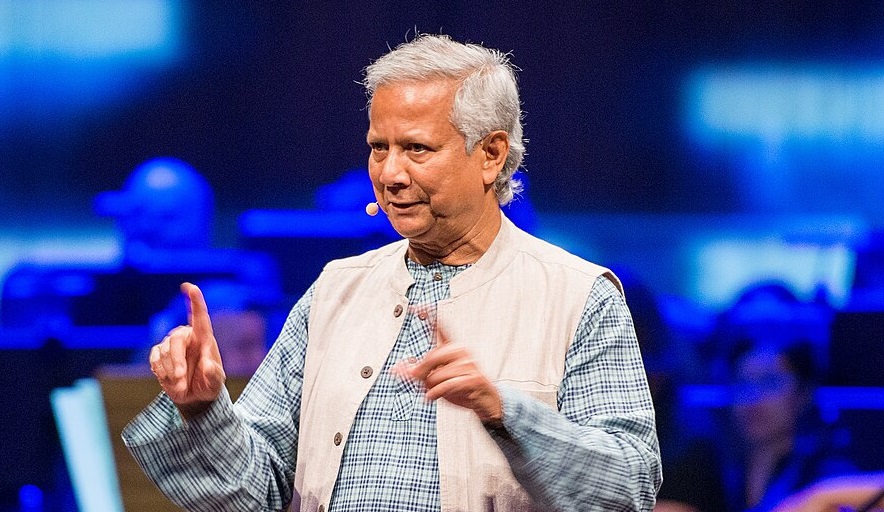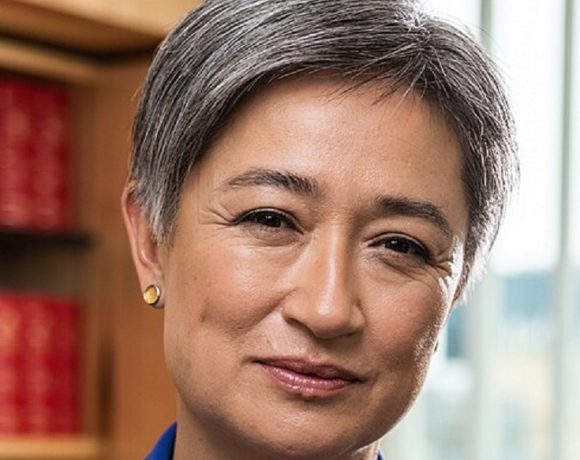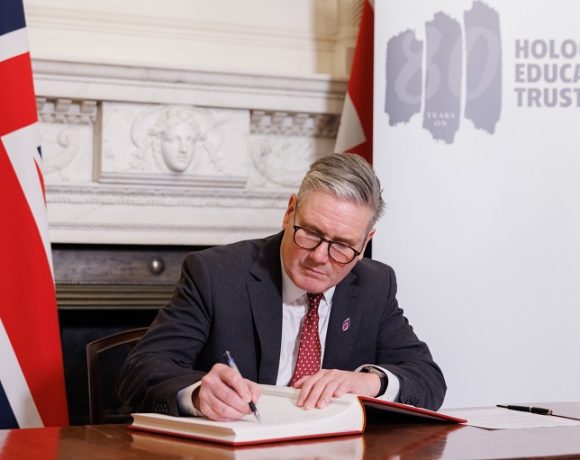
Yunus Responds to Modi, Stresses ‘Mutual Respect’ Amid Tensions
Bangladesh’s interim Chief Adviser Muhammad Yunus has responded to Prime Minister Narendra Modi’s Eid-ul-Adha greetings with a message highlighting shared values and mutual respect. The exchange, though diplomatic in nature, comes at a time when India-Bangladesh relations remain strained following recent political upheavals in Dhaka.
In his letter dated June 6, Yunus thanked Modi for his thoughtful Eid message and remarked that it “reflects the shared values of our two countries.” He also expressed optimism about future cooperation, stating, “The spirit of mutual respect and understanding will continue to guide our nations to work together for the wellbeing of our peoples.”
Eid as a Cultural and Diplomatic Bridge
Yunus’s message placed emphasis on the significance of Eid-ul-Adha, calling it “a time of reflection… in the spirit of festivity, sacrifice, generosity and unity.” His tone reflected a broader intent to maintain high-level communication and cultural diplomacy despite ongoing bilateral tensions.
Modi’s original message, dated June 4, acknowledged Eid-ul-Adha as an “integral part of India’s rich and diverse cultural heritage,” and extended wishes of peace, prosperity, and wellbeing to the people of Bangladesh. He underlined the universal values of the festival, including sacrifice, compassion, and brotherhood, which he said “strengthen our social fabric.”
Background: Diplomatic Chill Following Political Upheaval
Relations between the two neighbors have been delicate since the political exit of former Prime Minister Sheikh Hasina and the fall of the Awami League government in 2024. Accusations of Indian involvement in Bangladesh’s internal affairs further complicated the diplomatic landscape. While formal engagement between the two nations has continued at institutional levels, top-tier bilateral warmth has notably cooled.
Against this backdrop, the Eid exchange is being interpreted as more than ceremonial—it is a subtle step to reopen lines of trust. The use of conciliatory language and cultural connection in these communications indicates a willingness from both sides to maintain dialogue and avoid a deeper rift.
The letter from Yunus, while brief, signals Dhaka’s acknowledgment of New Delhi’s regional influence and its desire to re-establish a cooperative foundation. Whether this will translate into tangible diplomatic recovery remains to be seen, but the exchange at least offers a symbolic nudge in that direction.


















